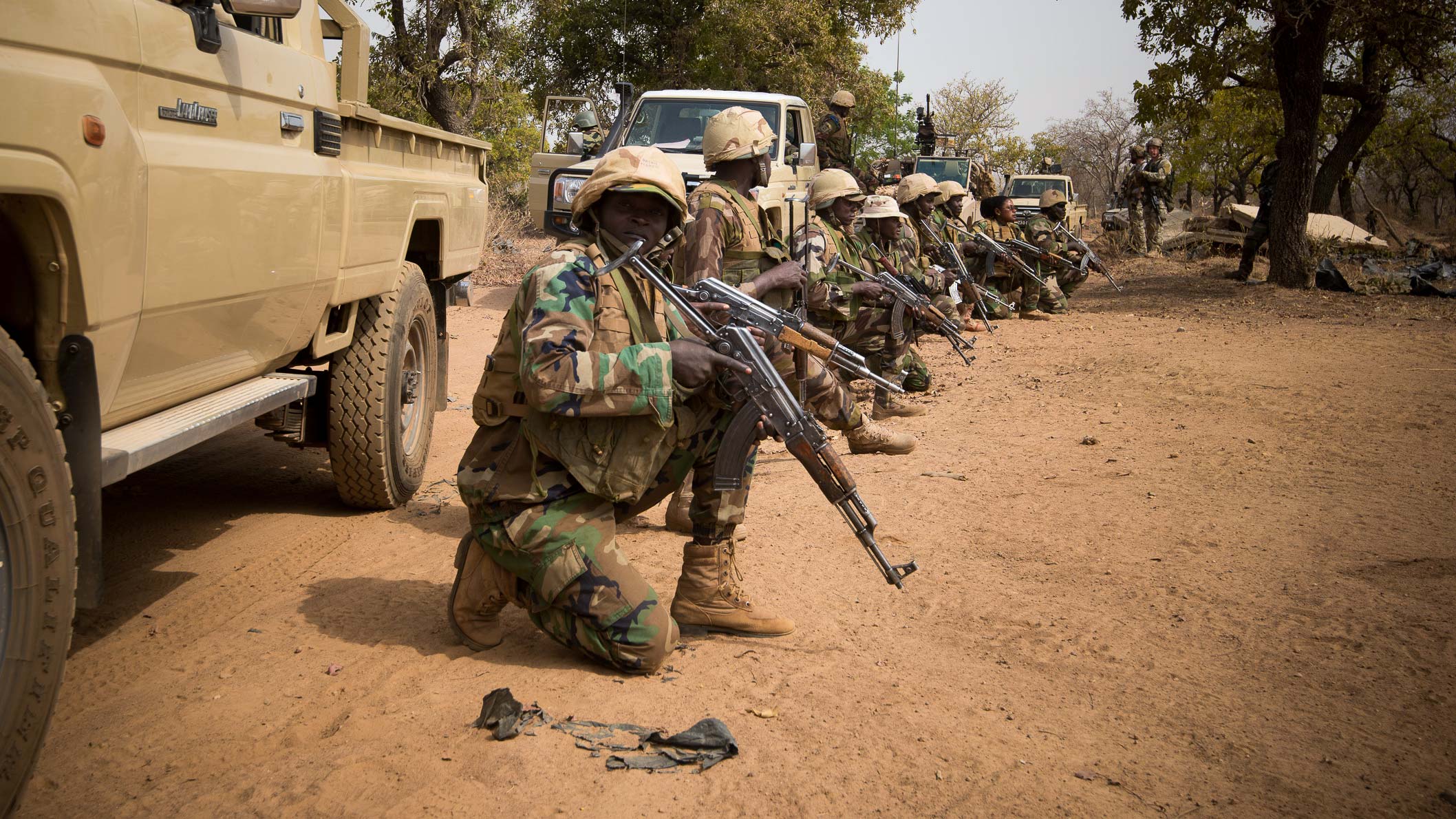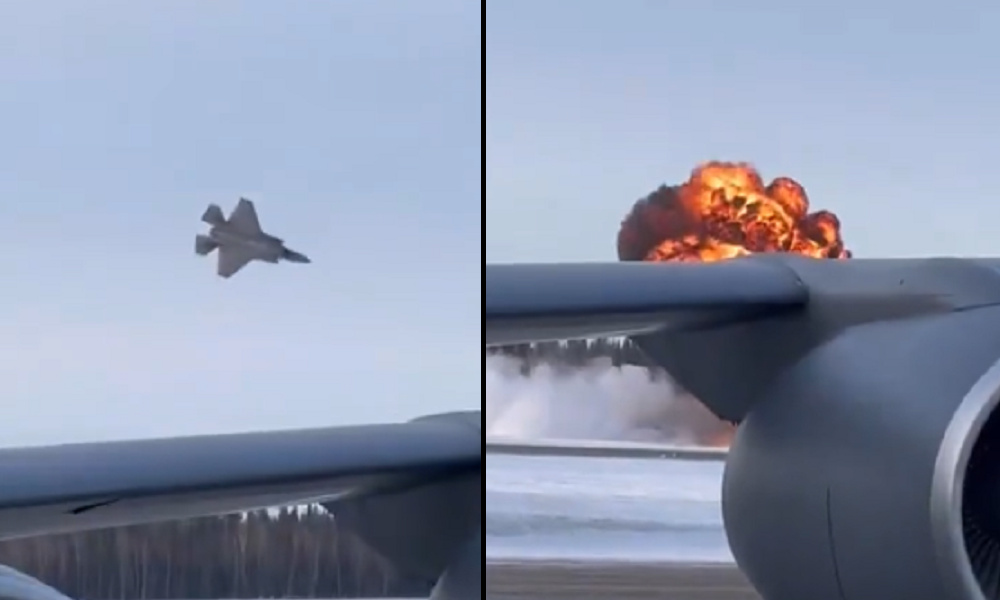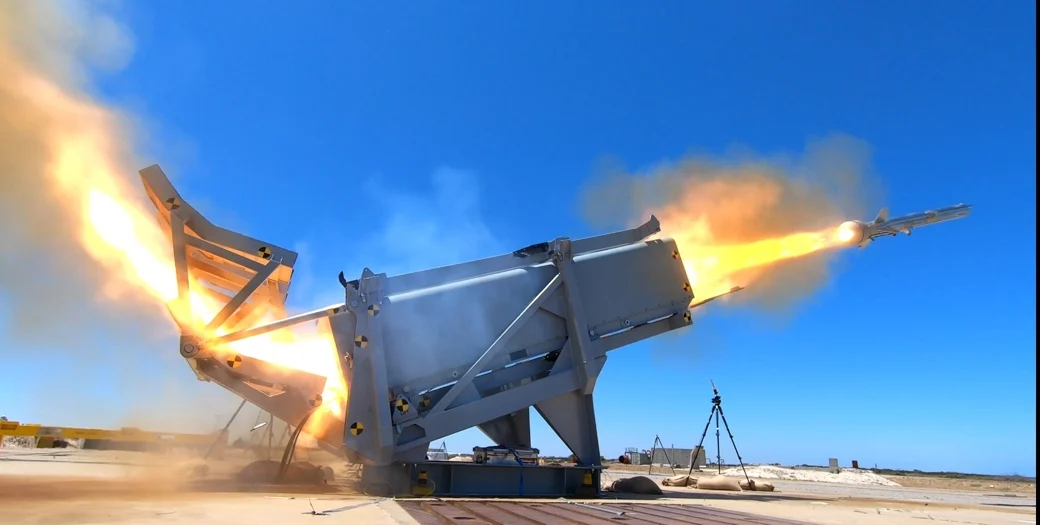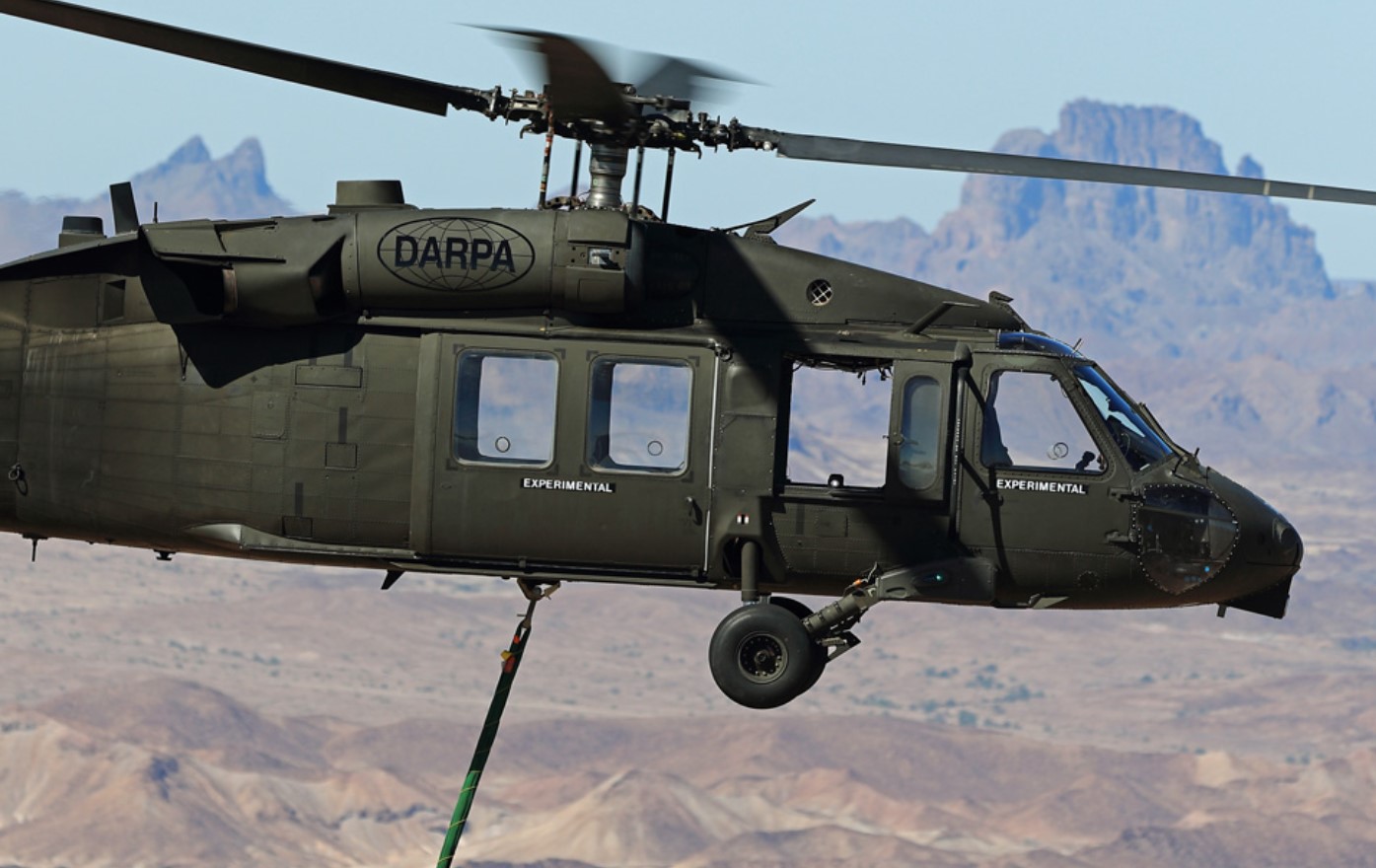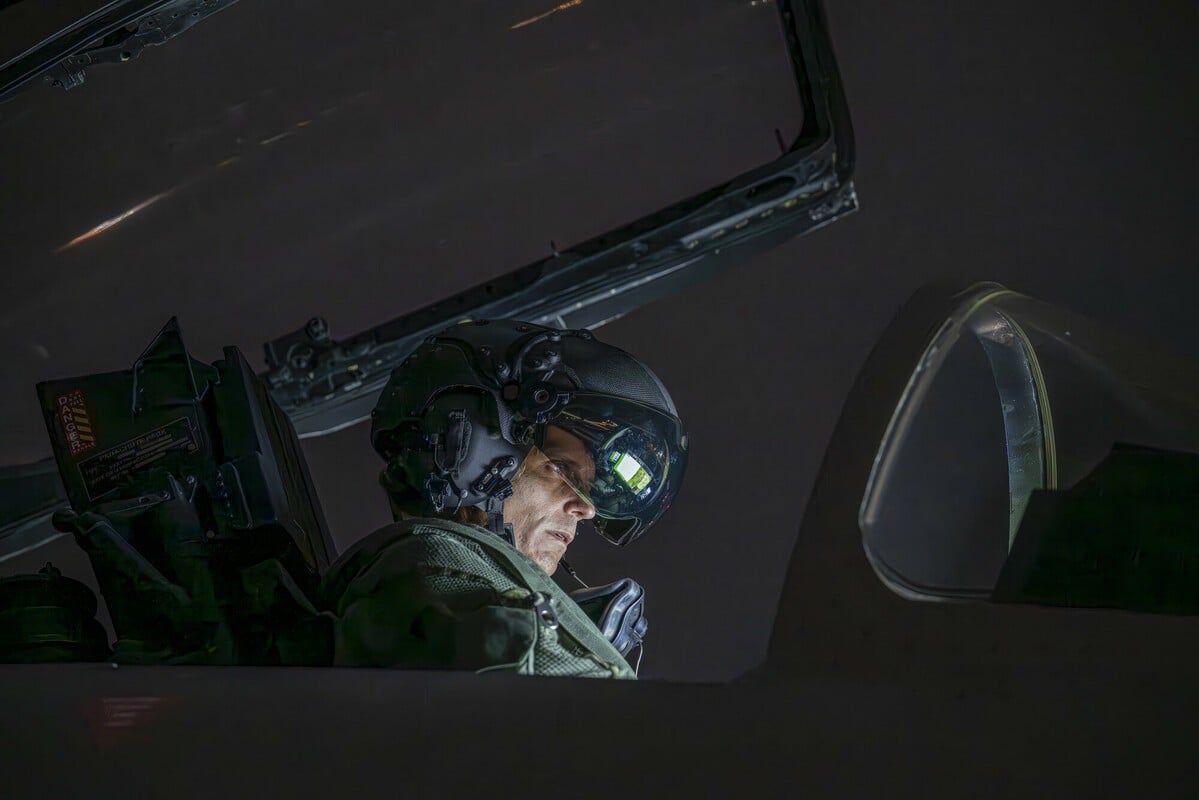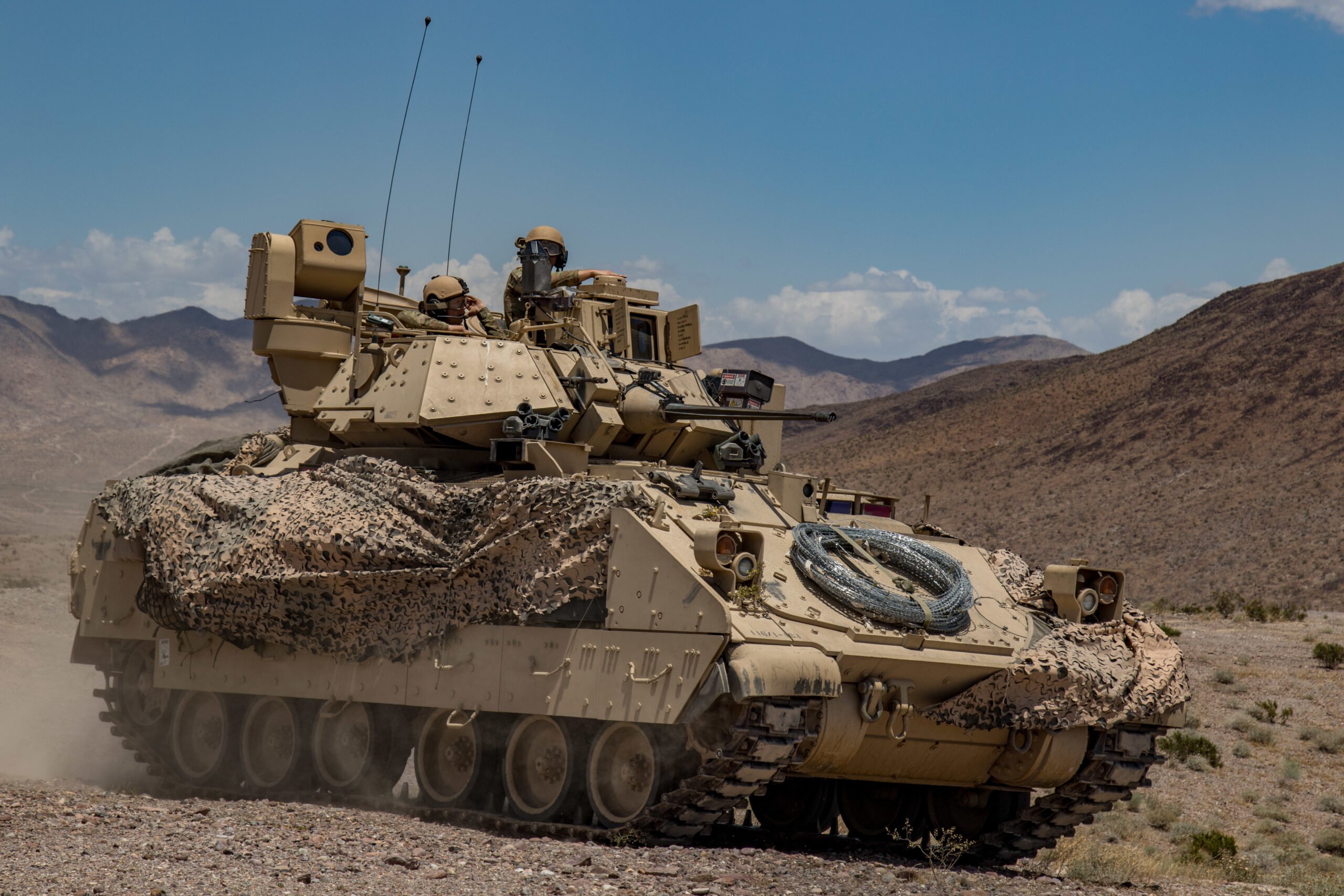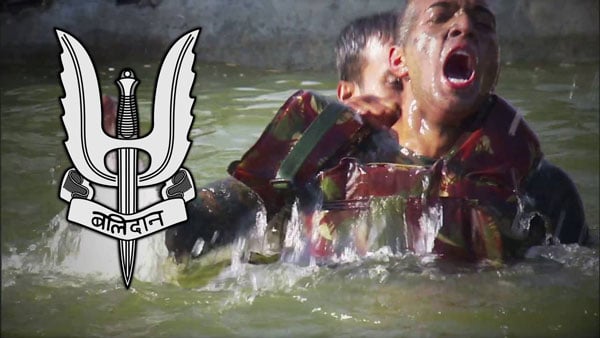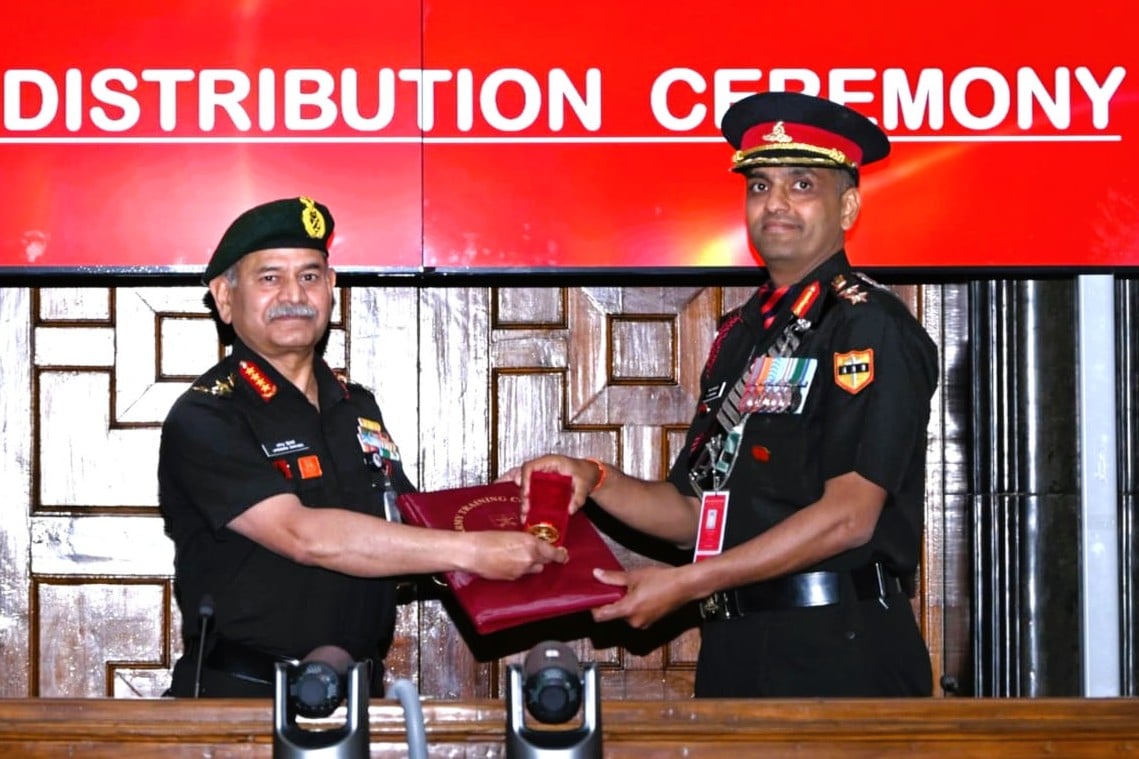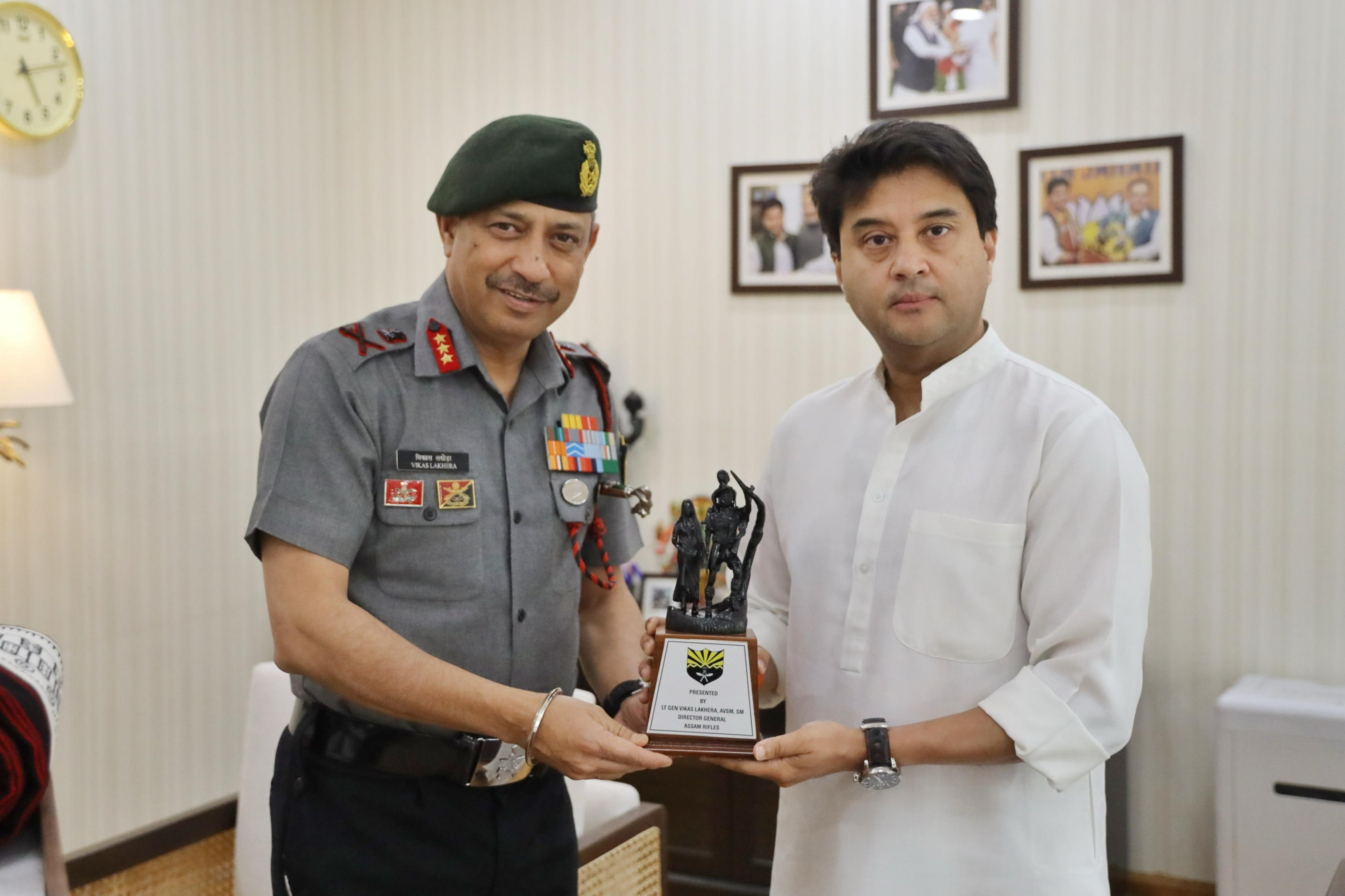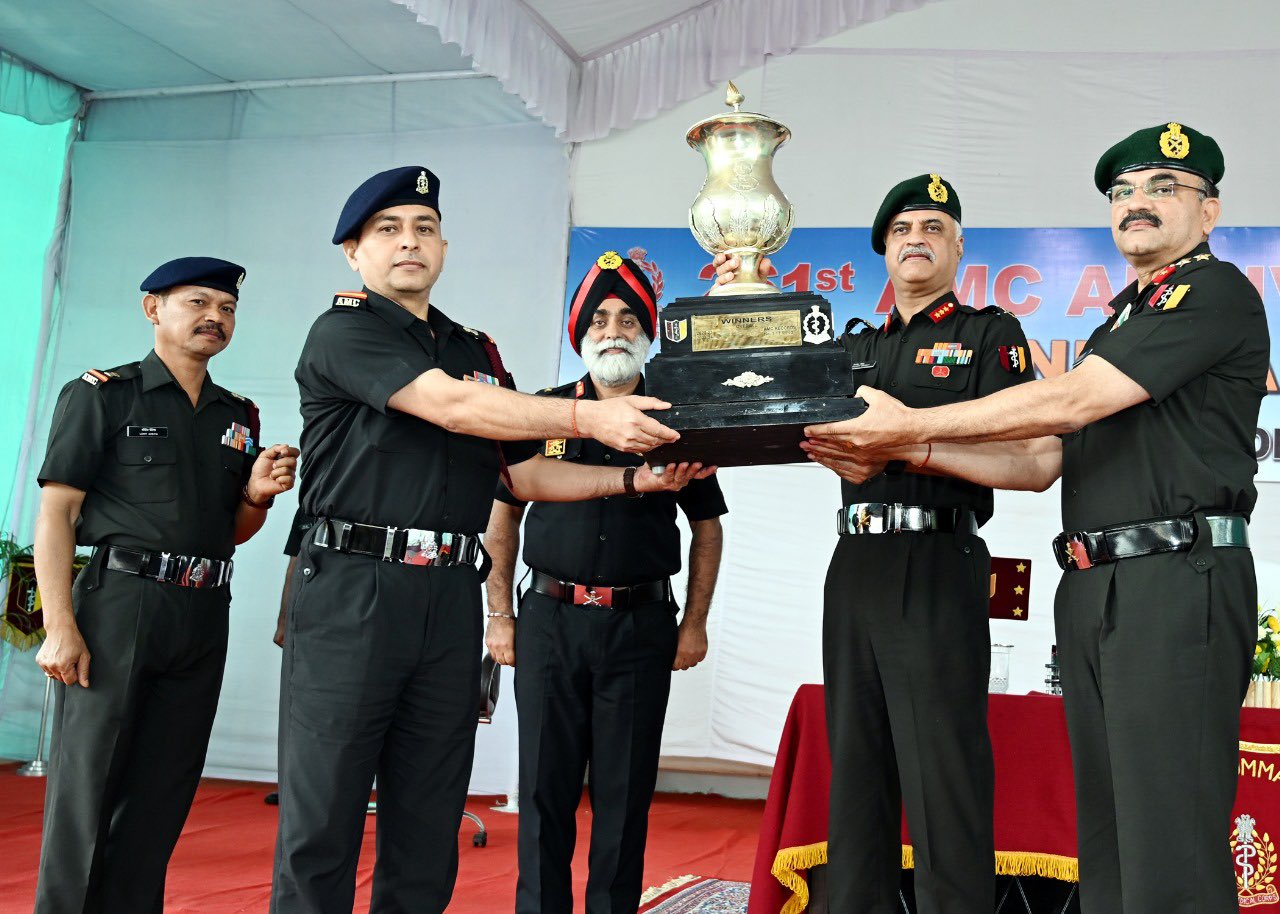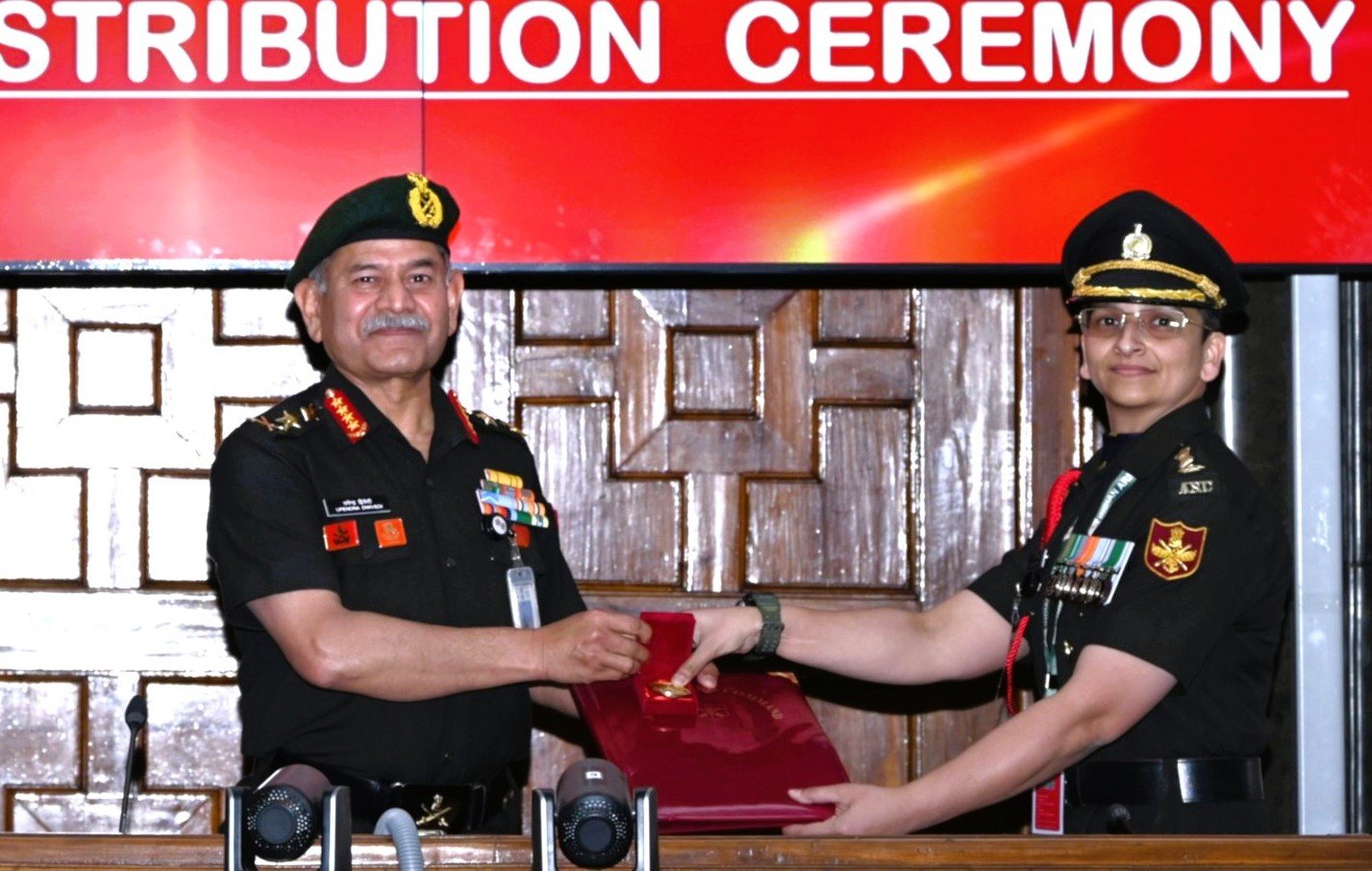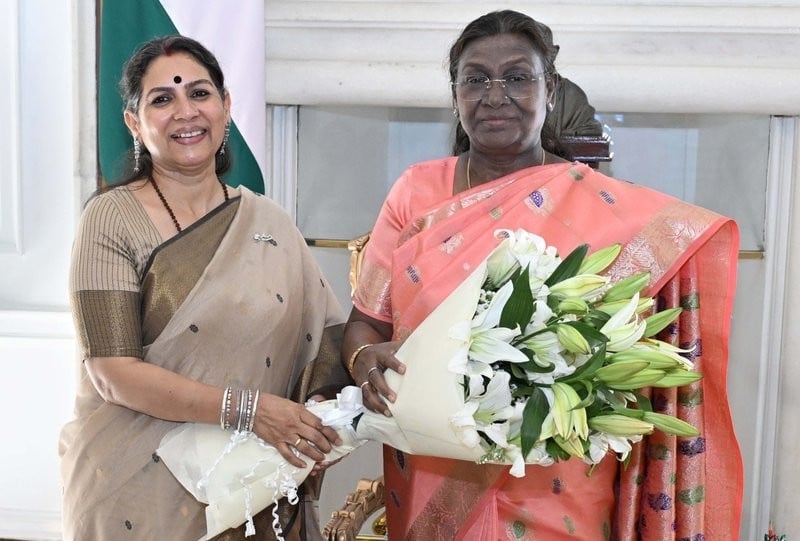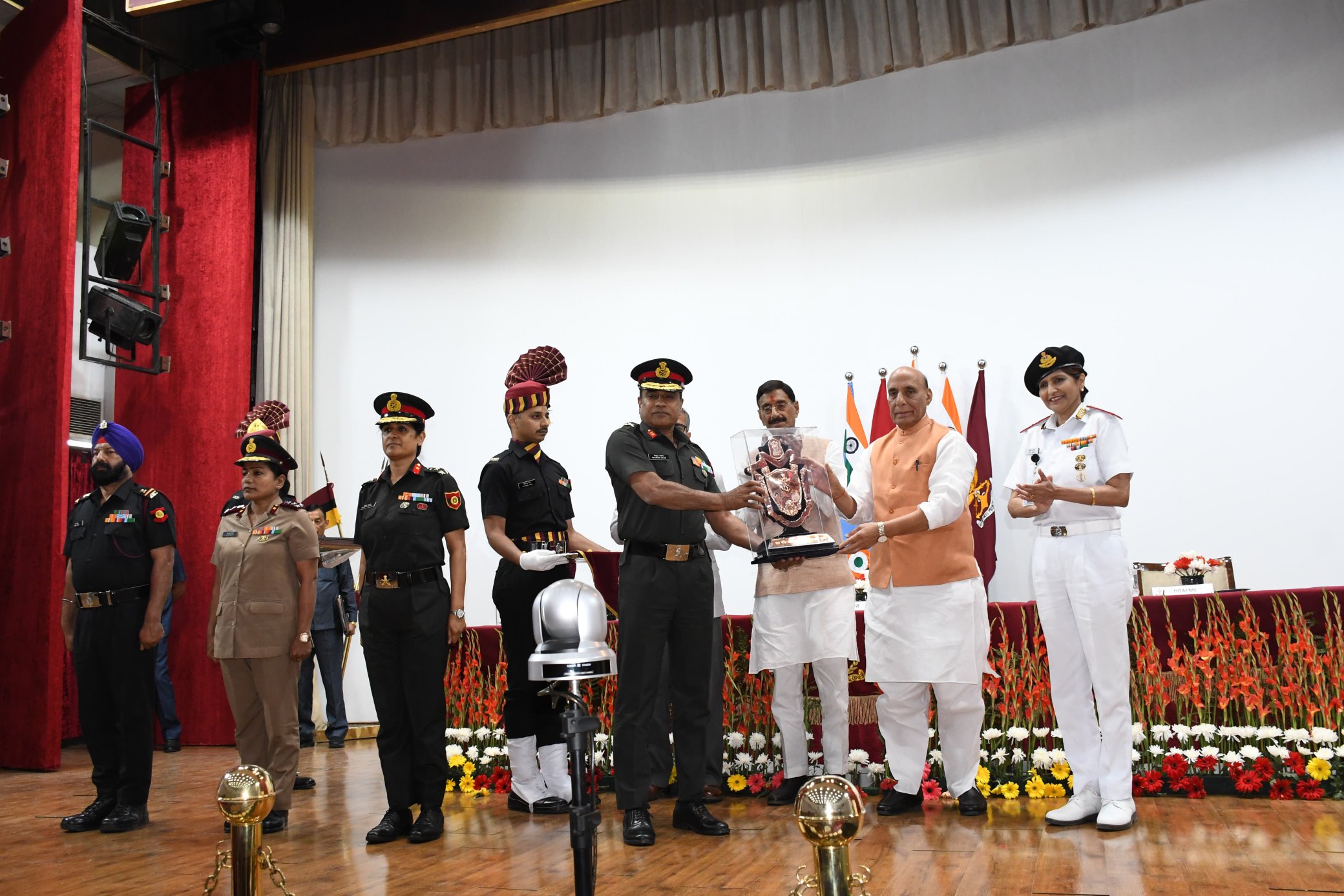In a tragic development, ten soldiers lost their lives and seven others sustained injuries during a terrorist attack in western Niger, near the border with Burkina Faso. The incident, reported in the army’s operational bulletin on Wednesday, took place in the village of Petel Kole. The military described the aggression as a coordinated effort by a large group of armed individuals, stating that “a horde of hundreds of criminals on motorcycles” attempted to seize control of the military position.
In the aftermath of the assault, the Nigerien army reported neutralizing at least 26 attackers, but this development has not quelled the surge of anxiety within the region. Concurrently, social media buzzed with claims about a separate, equally brutal assault in Chatoumane, which allegedly resulted in the deaths of 91 soldiers and around 40 civilians. However, these claims have been met with skepticism; the Nigerien joint chiefs of staff denied the reports, asserting that they were part of a “brainwashing campaign” aimed at undermining military morale and creating division among the populace.
The ongoing violence in Niger is part of a broader pattern affecting the Sahel region, where jihadist groups linked to Al-Qaeda and the Islamic State have surged in influence and brutality. Since the military junta took power in July 2023 after ousting President Mohamed Bazoum, the security situation has deteriorated significantly. According to conflict monitoring group ACLED, the toll of civilian and military casualties from jihadist attacks in Niger has soared to over 1,500 in the past year, a stark increase from the 650 fatalities recorded in the previous year.
The recent attacks highlight the escalating insecurity faced by military and civilian populations in Niger, mirroring similar challenges encountered by neighboring countries, such as Burkina Faso and Mali. The Nigerien government’s struggle against these violent extremist groups continues to be a focal point of concern for both local citizens and international observers, with calls for enhanced security measures and support in addressing the ongoing crisis.

